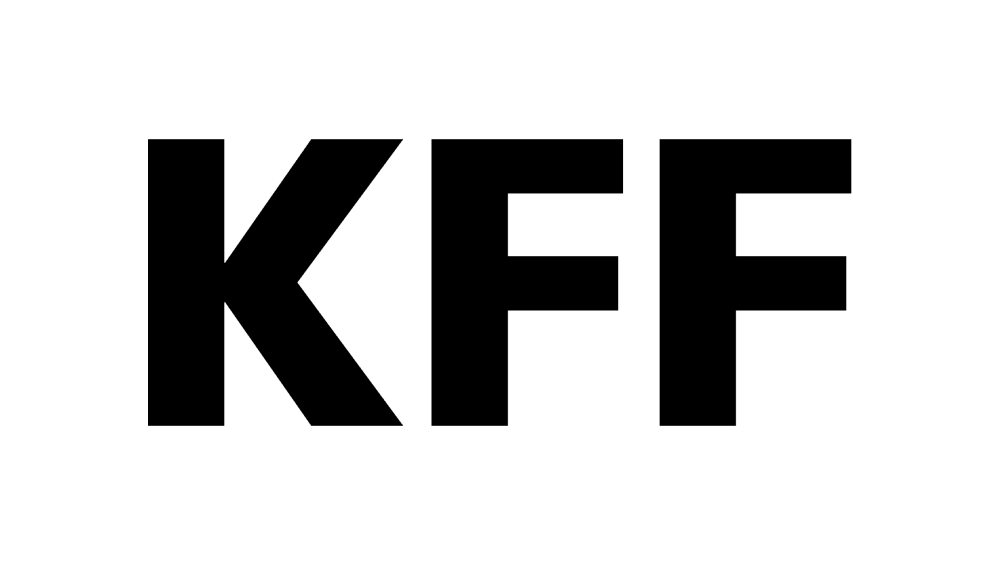 Employer-Sponsored Family Health Premiums Rise a Modest 4 Percent in 2013, National Benchmark Employer Survey Finds
News Release
Employer-Sponsored Family Health Premiums Rise a Modest 4 Percent in 2013, National Benchmark Employer Survey Finds
News Release
Annual premiums for employer-sponsored family health coverage reached $16,351 this year, up 4 percent from last year, with workers on average paying $4,565 toward the cost of their coverage, according to the Kaiser Family Foundation/Health Research & Educational Trust (HRET) 2013 Employer Health Benefits Survey. This year’s rise in premiums remains moderate by historical standards. The 15th annual Kaiser/HRET survey of more than 2,000 small and large employers provides a detailed picture of the status and trends in employer-sponsored health insurance costs and coverage.